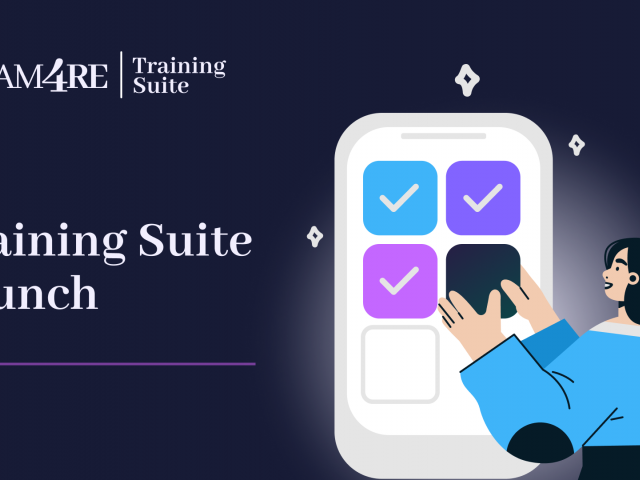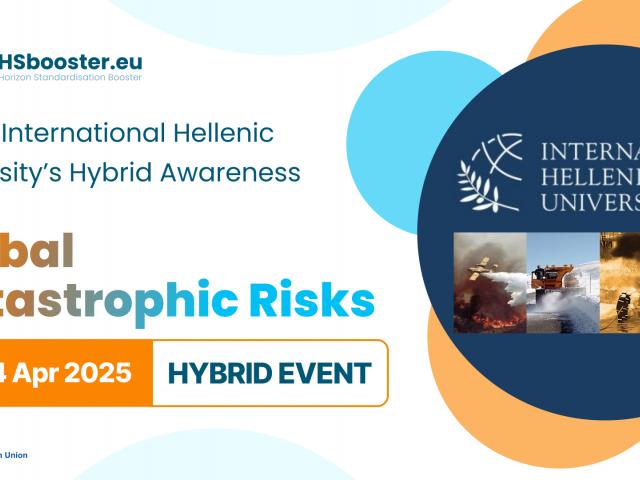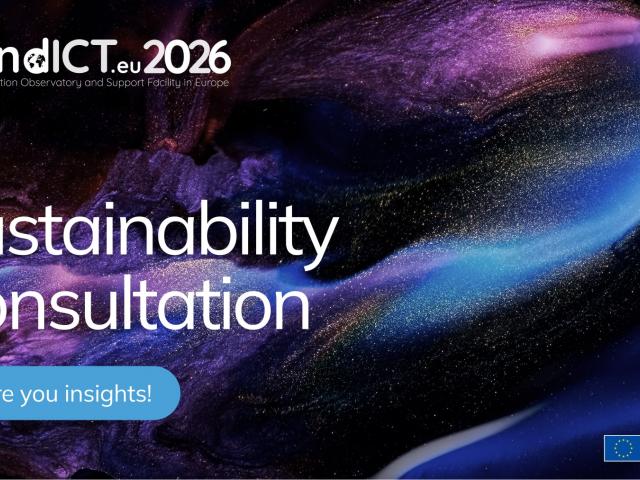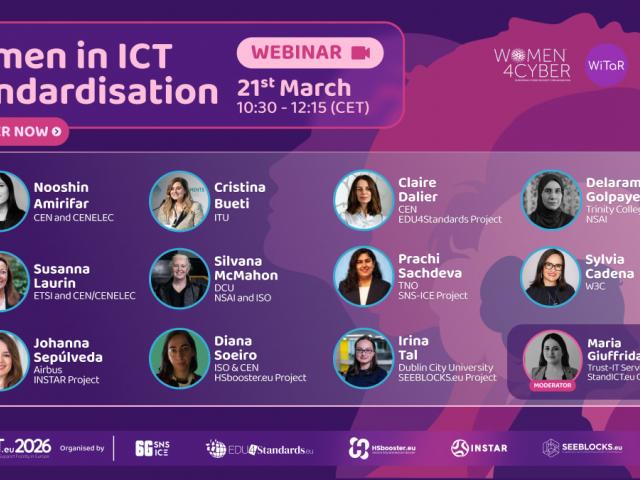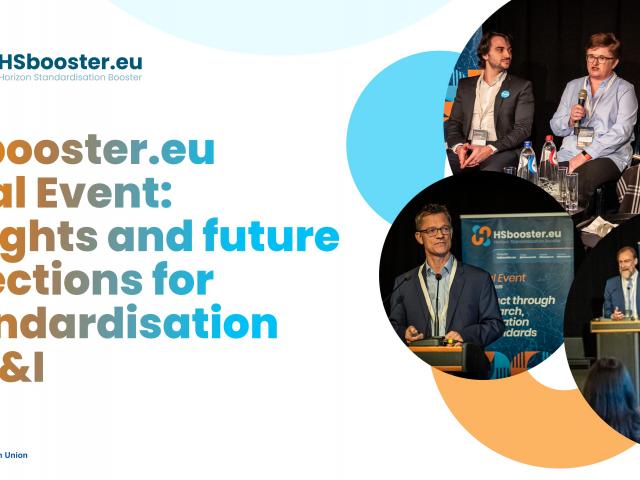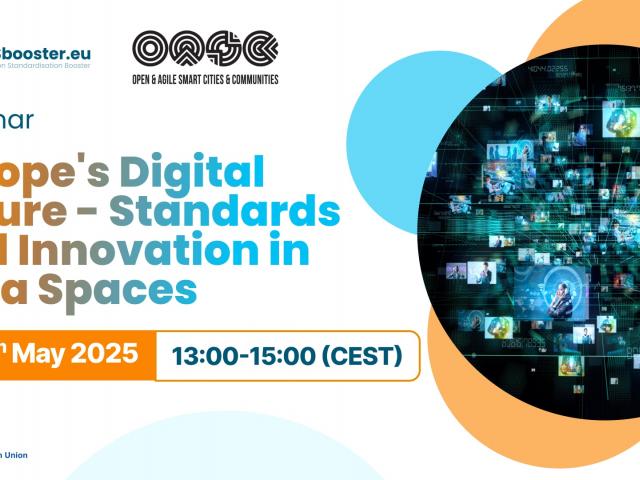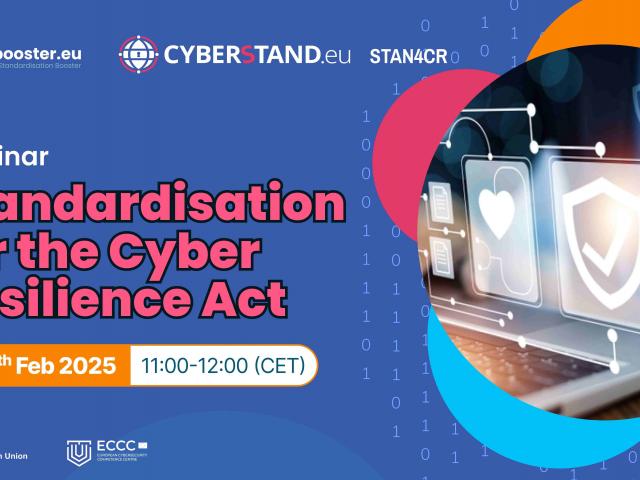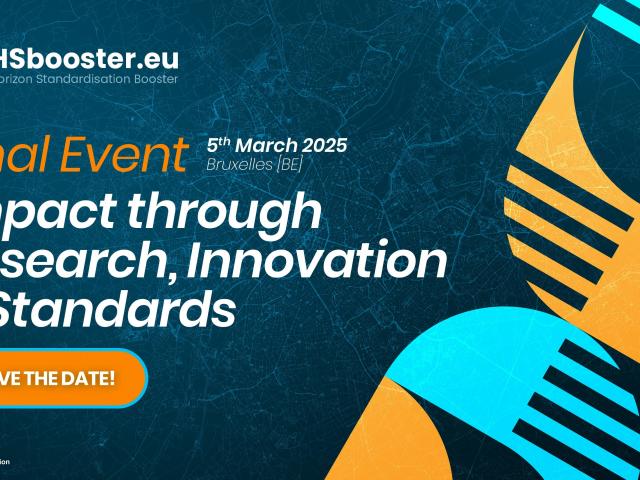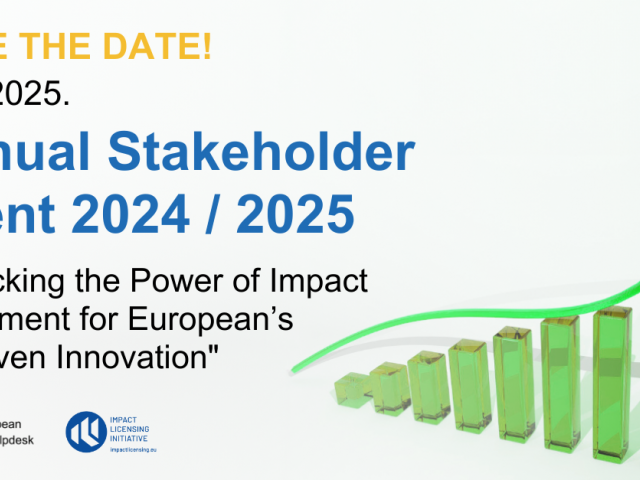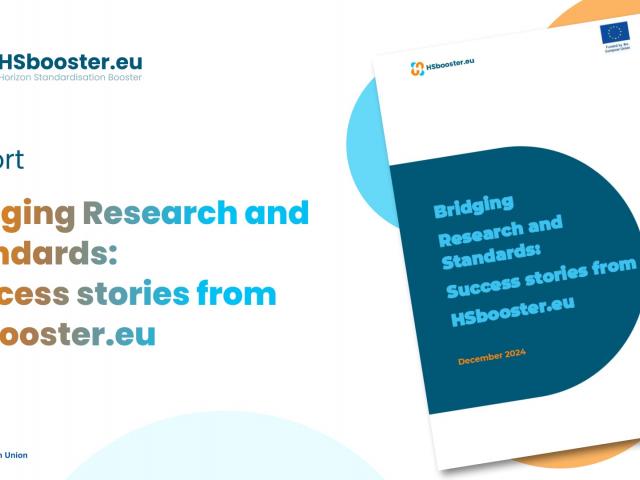Thursday 15 February 2024 | 10:00-11:30 CET
DOWNLOAD THE SLIDES
Standardisation can be a key measure to help establish a market for innovations and can be used to create an impact across value chains in industry and society. Developing a Technical Specification in a research and innovation project can help facilitate trade and outreach to international markets by making specifications and methodologies available to all relevant stakeholders.
The Horizon project EASI-STRESS is developing a technical specification to reach a consensus among stakeholders and strengthen the uptake of the novel techniques developed in the project. Standardisation is instrumental in bringing this innovation to the market. By anchoring the innovation in standardisation, the path is paved for increased market uptake by industry and academia.
In this webinar, the process of developing a technical specification in a research and innovation project will be explained and it will be elaborated on how standardisation can help facilitate the acceptance and utilisation of innovations by the market by using the procedures of standardisation to codify knowledge and publish it in a Technical Specification.
Who should attend?
The training session is intended for the researchers who participate in EU-funded R&I projects and anyone interested in the basics of standardisation.
Agenda
- 10:00-10:15 HSbooster.eu Introduction & Welcome Note, Ivana Mijatovic, HSbooster.eu Training Academy Lead, UoB
- 10:15-10.45 Introduction to the CEN-CENELEC Technical Specifications and support provided by Danish Standards
Trainer
Signe Annette Bøgh, Danish Standards (DS)
1st Mentimeter Session - 10:45-11:10 Developing a Technical Specification in a research project - Standardisation of residual stress measurement from large-scale research facilities
Nikolaj Zangenberg, Danish Technological Institute
2nd Mentimeter Session - 11:10-11:30 Q&A and Closing
Trainers
| Signe Annette Bøgh, Senior Project Manager, Danish Standards & Task Leader, HSbooster.eu |
|---|
|
Introduction to the CEN-CENELEC Technical Specifications and support provided by Danish Standards |
|
Short Bio Ms. Signe Annette BOGH is a senior project manager for research and innovation at Danish Standards, the national standard body of Denmark. She holds a Master of Engineering in International Technology Management from Aalborg University. For the past ten years, she has had key roles in several national and European research projects featuring standardisation including the BRIDGIT consortium (Bridging the gap between research and standardisation) and HSbooster.eu (Standardisation Booster for H2020 & HE research results). Signe also teaches standardization in courses for professionals and students and is the driving force and editor of a textbook for higher education on standardisation: “A world built on standards”. |
| Nikolaj ZANGENBERG, Director, Danish Technological Institute & Project Coordinator, EASI-STRESS |
|---|
|
Developing a Technical Specification in a research project - Standardisation of residual stress measurement from large-scale research facilities |
|
Short Bio The interaction zone between industry and Big Science has been the focal point for Nikolajs activities over the last 20 years. He is in charge of the Big Science Center at DTI where he is working with both European suppliers to the Big Science marketplace (upstream) and industrial usage of neutron and synchrotron facilities (downstream). He has occupied the role of Industrial Liaisons Officer (ILO) for Denmark at CERN, ESRF, ILL and European-XFEL, and is co-founder of the Danish ILO initiative, BigScience.dk, that manages a network of 350 Danish suppliers to the Big Science market. On the downstream side, DTI operates as a commercial mediator for industry, and Nikolaj is the project coordinator for the EU project EASI-STRESS linking industry to residual stress measurement at neutron and synchrotron facilities – and “convener” of a CEN standardization working group on residual stress measurements. |
DOWNLOAD THE SLIDES



